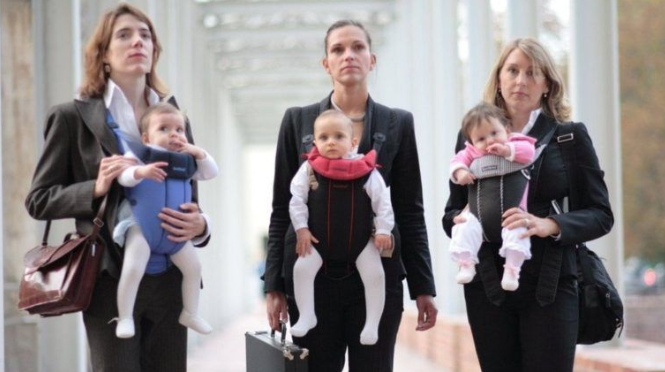One of the most notable and important areas of the PLM Programme is the question of social responsibility, and more specifically, the support of labour market integration of women with small children. If we want to get a complete picture of this problem, we need to consider the first timeframe that needs our intervention to be the phase where women start planning for a family. The reason: most young couples plan for the time of having a child intentionally, and during the planning, they stress the importance of a career, and first having financial safety. This, on the one hand, suggests an intentional and responsible thought, and on the other hand, warns us to take the fact that financial security can’t be created in a few years into consideration. This means that there are many couples that plan their child for too late, which often leads to infertility, or unsuccessful tries for a long time. The main reason having a child gets delayed because the prospective parents can’t see their options for optimising their work (career, financial security) and their private lives after having a child as stable. To solve this problem, an employer-level fundamental change is necessary, meaning a global shift in perspective. The employer has to prepare for the situation of young female colleagues birthing a child sooner or later, and make sure they can help them get back into work. In order for this to happen, they could choose among various alternatives, which are advantageous to both the employer and the employee:
- (partially) re-organise the job for an atypical employment form;
- trainings for the introduction of flexible work hours;
- establishing workplace nurseries
As such, the employer could keep the good workforce, whereas the employee wouldn’t be afraid to stay away from the workplace for a short while.

